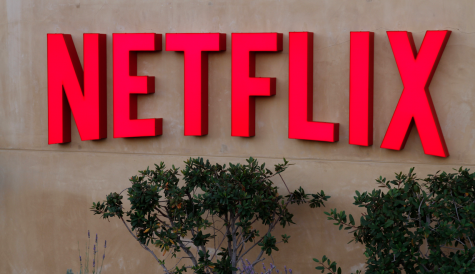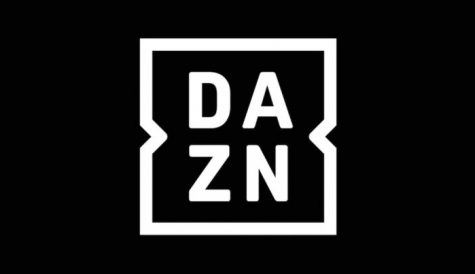HBO Max costs AT&T US$1.2 billion in lost licensing revenue
 Upcoming streamer HBO Max has cost AT&T’s WarnerMedia over US$1 billion in forgone revenue, the operator’s quarterly results have revealed.
Upcoming streamer HBO Max has cost AT&T’s WarnerMedia over US$1 billion in forgone revenue, the operator’s quarterly results have revealed.
By setting aside content like Friends to exclusively be streamed on the service, WarnerMedia missed out on over US$1.2 billion in licencing revenue during the quarter. The service also cost Warner US$500 million in lost EBITDA.
John Stephens, senior EVP and CFO of AT&T clarified during the company’s earnings call: “We made the strategic decision to give HBO Max exclusive streaming rights for top programs including Friends, Big Bang Theory and other popular shows. In the past, we would have sold these externally.”
Overall, WarnerMedia’s Q4 revenue dropped by 3.3% to US$8.9 billion with operating income down 9.5% to US$2.4 billion.
In its presentation, the company clearly laid out HBO Max, which launches in May, as one of its key performance objectives. It reiterated that the service aims to be the “highest quality, premium SVOD that appeals to a wide demographic” with “high-quality content that is culturally relevant.”
AT&T COO and WarnerMedia chairman John Stankey reiterated the presentation, boldly proclaiming that “HBO Max will be the highest quality premium SVOD in the market with a great experience, better curation, and higher percentage of culturally relevant offerings than competing products.” He added that “a successful launch of HBO Max is critical to our plans in each of the next three years.”
In the company’s favour is that the service will be available at no extra cost to over 10 million AT&T HBO customers, HBO Now direct-billed subscribers, and AT&T customers who subscribe to the operator’s premium video, mobile and broadband packages. Stankey said that the idea here is that HBO Max will “have a positive and immediate impact on the stickiness of our wireless and pay TV and broadband offerings.”
AT&T is betting big on HBO Max to patch up its subscription business, with streamer AT&T TV Now dropping 219,000 customers and satellite service DirecTV losing 945,000. Year-over-year, AT&T’s video connections dropped 20% from 24.5 million at year-end 2018 to 20.4 million now.
The company also said that it is “pivoting” its linear strategy around HBO Max. As a part of this, the content on TNT will shift more towards unscripted shows, while TBS will, according to Stankey, “supplant hours” that “might have been more general entertainment-oriented content that you are going to see showing up on SVOD platforms like HBO Max moving forward.” Both networks will focus on sports and “water cooler” television that requires concurrent viewing.
This is a continuation of a shift that started earlier this month, with WarnerMedia announcing that its Audience Network pay TV channel would be changed into one designed to market HBO Max. As a part of this, upcoming shows on the premium channel are likely to become exclusive to the streaming service. On the call, Stankey said that this strategy is all a part of “some pretty aggressive promotion” for HBO Max ahead of its May launch.



